Tight Muscles
Do you struggle with tight muscles?
Have you ever thought “I should stretch more”?
Do you feel like you need to have regular massages?
Persistent muscle tightness is a common problem; so I want to explain the potential causes and give you some ideas so you can get on top of it.
Tight muscles make you want to stretch or get a massage, both being good options. However, these are both short term solutions. These things will reduce your sensations of muscle tightness, but they don’t address the reason your muscle is tight. This isn’t a reason not to stretch or massage, but if that’s the only thing you're doing, your tightness will return.
Tight muscles are tired muscles. They are working hard for you, and understanding why they are working hard is the key to stopping the tightness from coming back again and again.
3 common reasons for muscle tightness are:
they are too weak to do what you need them to
they are being relied upon and you don’t have another option
they are part of a bracing/stress response.
Let’s go through these possible causes of muscle fatigue one at a time.
They are weak.
If a muscle is weak, it will get tired doing things that aren’t overly challenging. This is common in muscles that people believe are overused; upper traps, hip flexors, back muscles. An example I see a lot is; avoiding overhead shoulder exercise because of neck and shoulder tightness afterwards. Key muscles required to elevate your arms overhead are your upper traps, avoiding doing overhead exercise leads to them becoming weaker, meaning future efforts at overhead exercise create even more muscle fatigue. The experience that persists is “when I do overhead exercise, my neck and shoulders get really sore”.
Solution: Strengthen your tight muscles.
They are being overused in a postural habit.
We all have postural habits, and none of us are symmetrical.
Do you carry a bag over one shoulder? Do you have multiple computer screens? Do you play a ball sport? Being asymmetrical or moving asymmetrically isn’t a problem unless you’re overloading things to the point of pain. This can happen if you overly rely on certain muscles, so they never get a break.
For example, an old left knee injury means you stand with most of your weight on your right leg. You have a consistent right hip tightness that no amount of stretching can resolve. It’s hard to overcome this issue without addressing the reason for the movement, strengthening the left knee.
Or, your computer screens are a bit low, meaning you’re looking down all day, fatiguing the muscles at the back of your neck. Even the most diligent stretcher isn’t going to be able to overcome long days at a computer.
Solution: Understand how your movement is causing persistent tightness and address the underlying cause (this is what we are experts in 😉).
They are part of a stress or bracing response.
You are one person. Your physical body is not separate from your emotion and psychology. Your body will reflect how you are feeling. Even more than that, the state of your thoughts and emotions can amplify, or dampen incoming signals that may lead to pain.
To say it another way, you may be aware that your mood will affect your posture, but are you aware that being emotionally or psychologically stressed can make things painful that otherwise wouldn’t have been?
This is because stress heightens your senses and makes you more alert to dangers. Since pain is a major part of your danger detection system, in a state of stress you’re more likely to experience pain. Sometimes stress feels like an overused word, you can replace stress with anxiety, loneliness, grief, worry, and other states where you might feel vulnerable.
People often say, “I hold my stress in my shoulders”, for you it might be your neck, or your jaw. For me, I tend to brace the right side of my ribcage and abs. Even little things like getting a haircut (I hate the small talk) or seeing the dentist, make me really tense up. But these are small infrequent events, if you’re in a constant state of stress, muscle tightness can be constant, and painful.
Solution: do things that lower your stress, make you feel safe, connected, and relaxed. This is where some you time stretching or going for a massage can be just what you need. But the solution should be focused on the whole of you, not just the area where your muscles are tight. Spend time in nature, go for a walk, see a friend. A walk by the sea with a friend can do just as much for your neck tightness as a neck massage.
If you need help with persistent muscle tightness, send us a message 🙂







